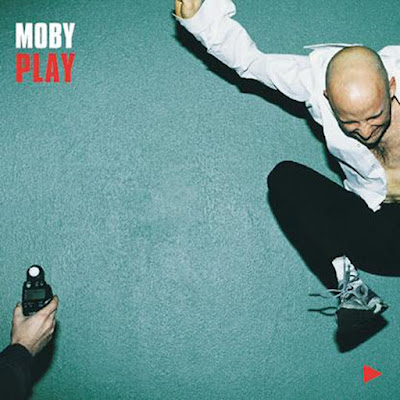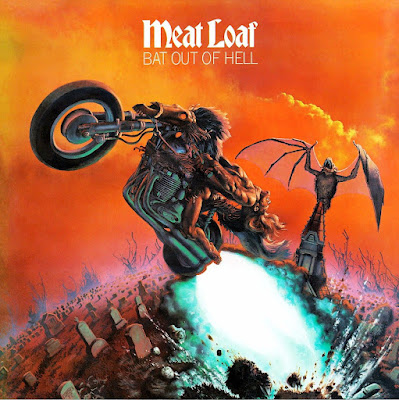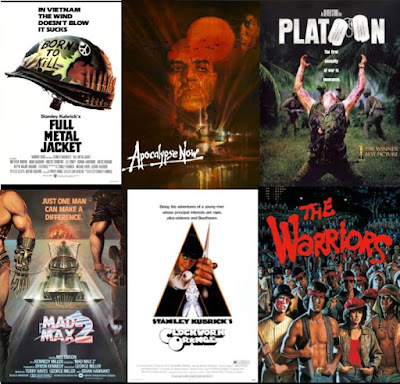I was inspired by a podcast called The 500 hosted by Los Angeles-based comedian Josh Adam Meyers. His goal, and mine, is to explore Rolling Stone Magazine's 2012 edition of The 500 Greatest Albums of All Time.
Album: # 343
Album Title: Bat Out Of Hell
Artist: Meat Loaf
Genre: Hard Rock, Rock, Pop,
Recorded: Several Studios in the New York area
Released: October, 1977
My age at release: 12
How familiar was I with it before this week: Very
Song I am putting on my Spotify Playlist: Two Out Of Three Ain't Bad
(Selected by my colleague and Sir Arthur Currie Principal, Sue Bruyns)
In Ontario education, we often use the term "transition years" to refer to students in grades seven and eight. In part, it references their transition from elementary to high school. However, perhaps more importantly, the term "transition" delineates that sometimes awkward but also enlightening period when adolescents begin to discover their own identity. Their world, which has been predictably black and white, somehow transforms to complex shades of gray.
During this formative period, most adolescents begin to develop their taste in music. It's an exciting time as new melodic discoveries imprint themselves onto the fabric of their emerging selves. In my grade seven classroom, I begin the year by building a Spotify playlist based on suggestions from my students. I’m always delighted by the eclectic collection that is created. This year's list includes hip-hop, dance tracks, music from an anime television series, heavy metal and even a banger from Queen, one of my favourite bands.
Bat Out Of Hell, the debut record from Texas-born singer Meat Loaf (born Marvin Lee Aday) and composer Jim Steinman was one of those records that connected with me. It was released in the autumn of 1977 when I was 12 years old and in my "transition years" attending Jack Miner Public School in Kingsville, a small farming and fishing community on the shores of Lake Erie.
The second single from the record, Two Out Of Three Ain't Bad, was in heavy rotation on the two rock radio stations my friends and I listened to -- Detroit's WRIF (The Riff) or WWWW (W4).
However, my first chance to hear the entire record came when I attended a birthday party. Jari, the birthday celebrant, had arrived from Finland the previous year. He was two years my senior but had been placed in elementary school because he was learning English. We bonded over games of road hockey, but he also had high-school friends. Consequently, I was the youngest person attending that party and it was an eye-opening experience. I left feeling slightly more mature and desperate to add Bat Out Of Hell to my record collection.
 |
| Jim Steinman (left) and Meat Loaf |
Occasionally, the family would travel to the Devonshire Mall in Windsor, across from Detroit. For the first few years, my favourite destination was dinner at a Steak and Burger where I could order three maraschino cherries in my Shirley Temple mocktail. By 1977, I was more interested in the record store...and to heck with the cherries.
When I pulled the Meat Loaf record from the rack in the Devonshire Mall music store I instinctively knew the cover would be problematic for my mother. She had already denied an earlier effort to purchase the KISS record, Alive II, because singer/bassist Gene Simmons was depicted drooling blood.
Her reaction to the album cover was understandable. Created by American illustrator Richard Corben, it depicted a motorcycle, ridden by a long-haired man, bursting out of a gravesite. A fiery background featuring a giant bat perched atop a mausoleum appeared demonic.
Ironically, the disquieting imagery, does not accurately represent the music on the disk. Bat Out Of Hell is best described as rock-inspired musical theatre -- a collection of power ballads, raucous piano driven rock and 50s style doo-wop. Singer Meat Loaf’s powerful, multi-octave voice belted out riveting theatrical performances. The accompanying musicians went on to be legends in the music industry, including Todd Rundgren (guitar), Steinman (piano), Max Weinberg (drums), Kasim Sulton (bass) and Edgar Winter (saxophone). Ellen Foley, a future star of Broadway and television, provided additional lead and backing vocals.
 |
| Touring singer, Karla Devito, with Meat Loaf in concert (1977) |
I didn't purchase Bat Out Of Hell on that trip to the Devonshire Mall. If memory serves, I got the soundtrack to Saturday Night Fever instead. Several years later, while working at a group home for girls, my mother heard and became a fan of the Meat Loaf record. When I spoke to her over the weekend, she agreed that it is a terrific album. Re-listening to it in preparation for this post reminded me of how deeply woven it is into my identity. Every track filled me with the warmth of nostalgia, taking me back to those wonderful, awkward days of pre-teen transition.









































